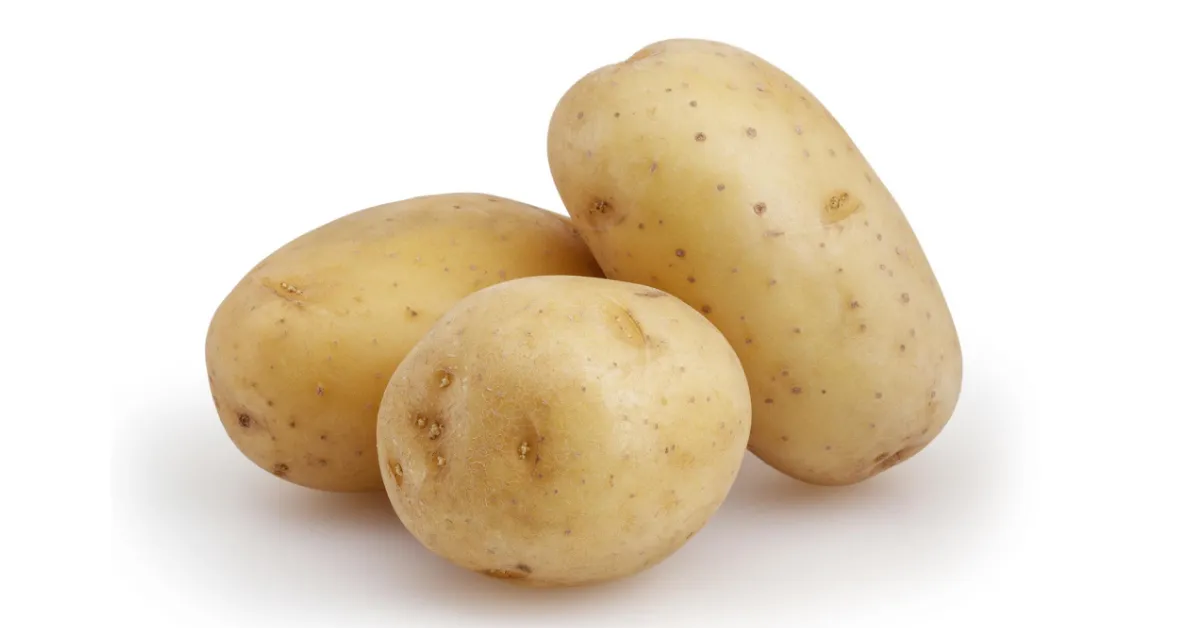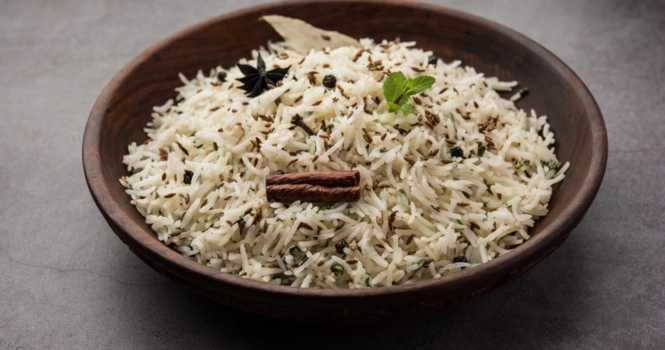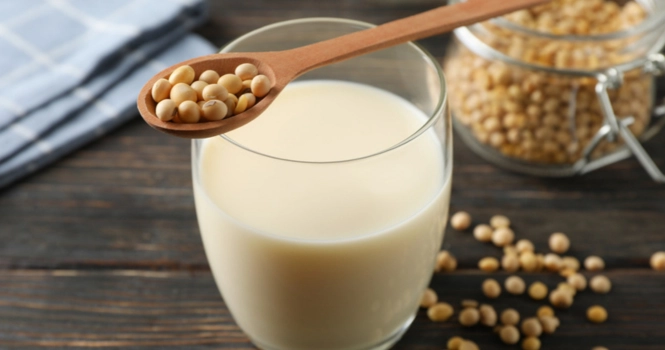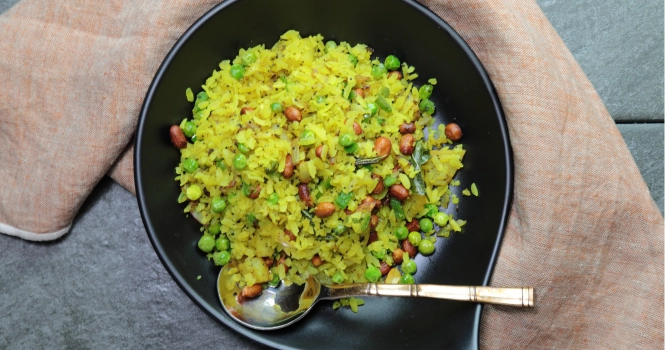Are Potatoes High in Histamine? Unveiling the Truth

Potatoes are a staple in many diets around the world, and understanding their impact on health, particularly for those concerned with histamine levels, is important.
Histamine is a compound involved in immune responses, as well as regulating physiological function in the gut and acting as a neurotransmitter. People with histamine intolerance need to be mindful of their dietary choices to manage symptoms effectively.
The question of whether potatoes are high in histamine is a relevant one for individuals dealing with histamine intolerance or allergies.
The good news is that potatoes are generally considered to be low in histamine and are not known to trigger the release of histamine in the body. This makes them a safe option for most people with histamine intolerance.
However, it’s important to note that food preparation and storage methods can influence histamine levels.
For instance, leftover or improperly stored potatoes may accumulate higher levels of histamine. Therefore, it’s advisable to consume fresh potatoes and store them properly to minimize any potential histamine-related issues.
Furthermore, individual sensitivities can vary widely. While potatoes are typically well-tolerated, some individuals might find that they react differently to certain foods, regardless of their histamine content.
It’s crucial for those with histamine intolerance to pay close attention to their body’s responses to different foods and to consult with your doctor for personalized advice.
Let’s see
What is Histamine Intolerance?
Histamine intolerance occurs when there’s a buildup of histamine in the body, leading to symptoms that can mimic an allergic reaction. Histamine is a compound that’s involved in several physiological functions, including immune responses, digestion, and nervous system regulation. It’s also found in various foods, especially aged, fermented, or processed items, such as aged cheeses, smoked meats, and alcoholic beverages.
Under normal circumstances, the body can break down histamine using specific enzymes, with diamine oxidase (DAO) being the primary enzyme for metabolizing histamine in the digestive system. However, in individuals with histamine intolerance, the activity of DAO or another enzyme, histamine N-methyltransferase (HNMT), may be impaired due to genetic factors, gastrointestinal diseases, certain medications, or other factors. This impairment leads to an inability to adequately metabolize histamine, causing it to accumulate.
The symptoms of histamine intolerance can vary widely and may include headaches, nasal congestion, fatigue, hives, digestive issues, irregular menstrual cycles, and in some cases, more severe allergic-like reactions. It’s important to note that histamine intolerance is different from food allergies and is not caused by an immune system response to a specific allergen.
Diagnosis often involves a careful evaluation of symptoms, a food diary, and sometimes an elimination diet, where foods high in histamine are removed from the diet to see if symptoms improve. Management typically focuses on a low-histamine diet, and in some cases, supplements like DAO enzymes may be recommended to help break down dietary histamine.
If you suspect you have histamine intolerance, it’s important to consult with a healthcare professional for an accurate diagnosis and personalized treatment plan.











